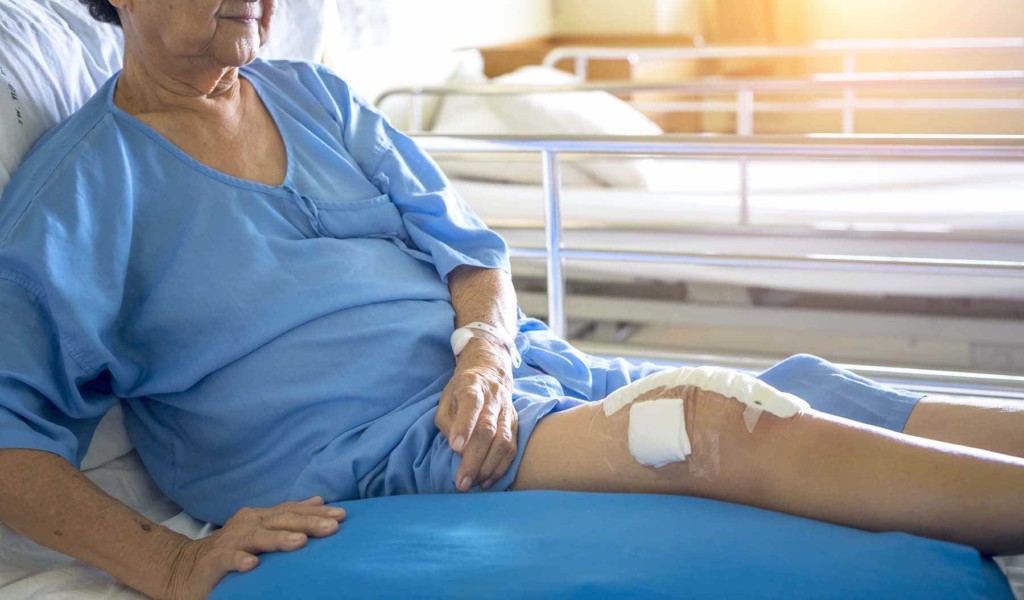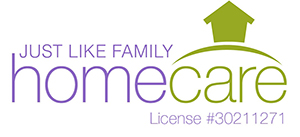Plan for Help After Surgery or Hospitalization
April 12, 2019

Imagine a close relative going through knee surgery. By all accounts, the surgery is to be simple and the patient should be able to be home that day and even walk up the stairs. Unfortunately, that wasn’t the outcome. The patient was hospitalized overnight and was incapacitated for days. While rare to have complications, many experts recommend thinking ahead about the care needed after surgery or hospitalization and for unexpected outcomes. Different types of surgery require different plans. So, the relative’s knee surgery did result in problems climbing stairs, and a patient’s shoulder surgery can restrict the use of the arm completely. If the surgery or procedure is planned, patients are encouraged to discuss the recovery with the doctor or medical provider and identify what can be planned for.
Things to Consider
A recent WebMD posting suggests the following examples of issues to think about, that may sound obvious, but can help patients understand the types of plans needed:
- Consider the location of the bedroom. If upstairs, consider sleeping downstairs during recovery. Bring any bedding downstairs before the surgery, along with personal hygiene items and medications.
- Stock the pantry before the procedure, especially if there are special food recommendations from the doctor.
- Identify and obtain any equipment that is recommended, and ask the insurance company if that is a covered expense. New York Times reporter, Lesley Alderman, wrote about home recovery and pointed out that the patient may need special equipment, such as ‘a walker, a bath seat, or a commode’ to help ensure the patients do not injure themselves during recovery. Consider if the patient could need any outside help using that equipment.
- In addition to addressing post-procedure planning, the National Institute of Health (NIH) publication regarding “Taking Care of Yourself After Surgery” provides suggestions for post-op care that is more medically specific. Let’s look at some of those issues, and how outside assistance may be helpful.
- Managing Pain: NIH recommends clear communication with the doctor regarding how to manage any surgical pain. In most cases, the patient can handle this. However, if the pain medicine, or other ordered medications, need to be provided via shot or intravenously, family members will likely need outside assistance.
- Surgical Site and Incision Care: NIH recommends following the doctor’s orders, but also keeping an eye out for separation, bleeding or signs of infection. Despite the perception that wound care is “simple,” there are exceptions, such as a surgical site that isn’t accessible to the patient, or a family member/friend is just not comfortable dealing with wounds, or the patient is not comfortable with non-trained family/friends playing this role. Outside assistance can come in for a short period and perform this service.
- Activity: NIH encourages patients to “get up and be active as soon as possible” which encourages faster recovery. NIH also reminds us that the doctor will likely give “specific activity instructions” which should be followed, and which will likely limit the lifting of objects heavier objects. Often, we find that those who have had surgery, however, need assistance in fulfilling this recommendation. As an example, those with knee surgery, like our example above, may need help walking just a few steps, or walking with crutches. Or, someone who has shoulder surgery may need help bathing and dressing. Health care staff can be of great assistance, in a professional and supportive way.
- Consider in-home care if family members aren’t available regularly. Just Like Family Home Care has nurses available to provide superior care in-home or temporary accommodation setting. They can provide daily drop-in care, day or night care, extended hourly and after hours house calls. We offer our clients flexible hours because we understand that it may be difficult to gauge how much care they will need following surgery. Some clients may require more hours and some may need fewer than anticipated. Your nurses work with your surgical team to customize a plan of care that fits your needs. There are no contracts and no minimum hours required: our clients control the schedule.
The above, and our own experience results in a recommendation that planning, when possible, help make recovery from surgery or other hospital stays, much easier. Good communication with the medical staff, learning what to expect upon release and for the few weeks after the event, is critical. Planning ahead for higher level skilled care, such as nursing, and more generic care, such as a home health aide, can make the process much easier. But, even if not planned, patients and family/friends should be comfortable asking for outside help. Those who work in this field love to help and can make recovery a much less frightening experience.
Recovering from Home
One final point, research from the American Academy of Orthopedic Surgeons indicates that recovery from home, is equally positive for those who live alone and those who live with others. The Rothman Institute in Pennsylvania conducted a study that showed that with the “emotional benefit for patients recovering in familiar surroundings, and the lack of difference in pain or complications, discharge home is appropriate for the clear majority of patients.” While the study targeted those having joint surgery, other studies show the same. Obtaining outside assistance, such as health care and nursing staff, at home, was encouraged.
As professionals in the field of health care, and in overall home health care support, we do encourage patients and families/supporters to consider recovery from home and do encourage pre-planning when possible.
Disclaimer: The blog entry above has been created utilizing different online sources. The blog entry has not been verified by a doctor. Please note that conducting the above-mentioned activities is at the individual’s own risk and responsibility. Please always consult a doctor before exercising or doing any physical activity, especially to avoid injuries or harm due to unknown preconditions. Just Like Family is not responsible for any injuries while conducting the above activities.
